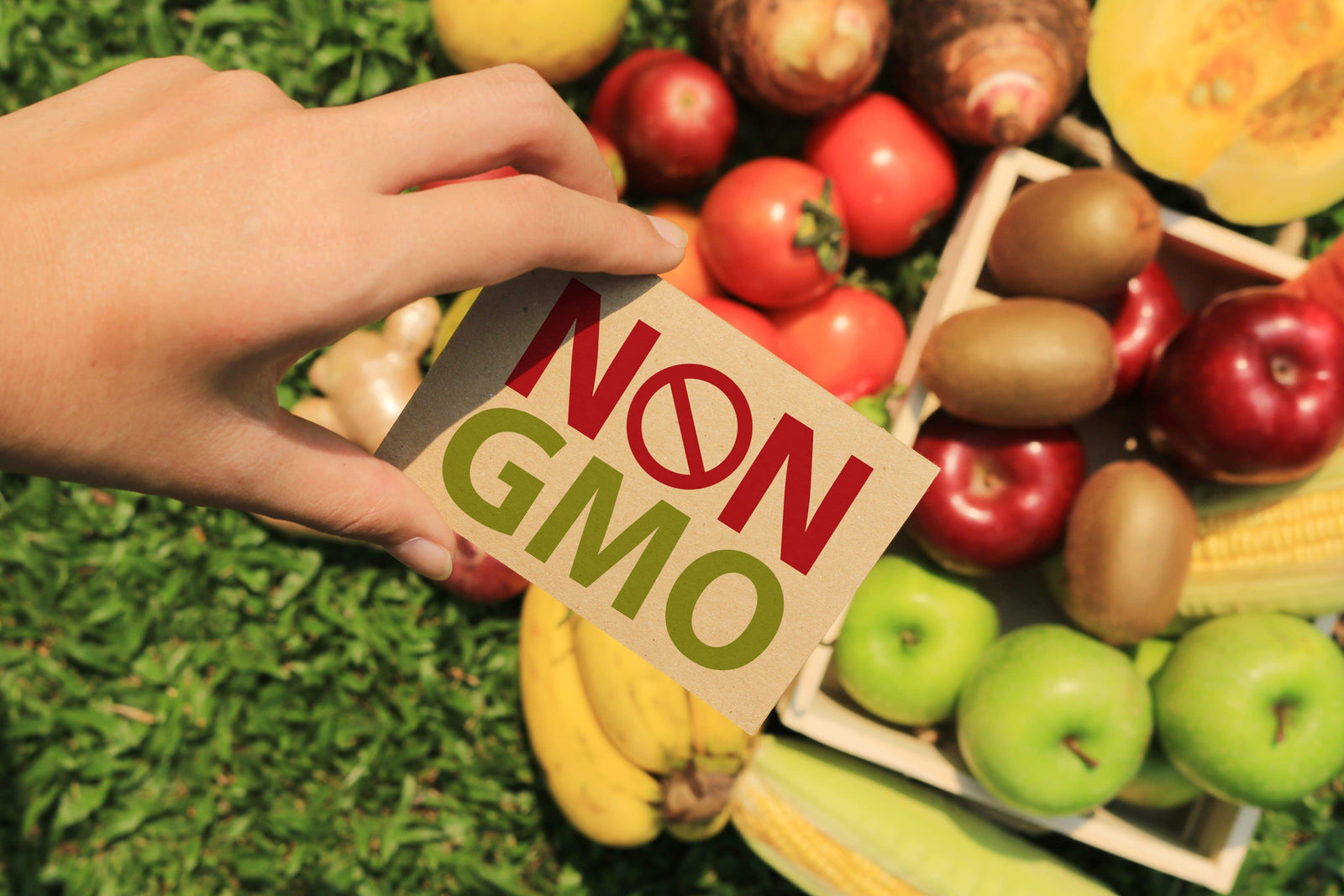What is Non-GMO fruit and why should we eat it? Keep reading below to find out the answer!

The acronym GMO stands for “genetically modified organisms.” GMO’s are increasing being talked about as more and more people become aware of the science behind the food they eat.
To be clear, using GMO’s in the manufacturing and production of foods could mean a number of things. DNA from bacteria and viruses can be used to increase the durability, tolerance or nutrition of a fruit and in some cases, the DNA of other animals can be used for GMO. Studies continue to emerge showing the link between GMO foods and health conditions. Rest assured, That’s It. fruit bars use only non-GMO fruit.
What is GMO fruit?
It is estimated that nearly 70% of foods found on grocery shelves contain GMOs. Unfortunately, this means that most of the fruit in the produce section contain the substance. Genetically modified fruits were engineered with DNA derivatives of other organisms to create a much stronger product to improve tolerance and resistance to things like viruses. Farmers frequently use GMOs in their production to increase yields and get larger crops. Sadly, something meant to help farmers and give what was to be perceived as “better” crops, is something that can harm us.
What is non-GMO fruit?
Non-GMO fruits are those that are produced naturally. Organic fruits and vegetables are often certified to indicate that they were produced without any GMOs. Another label to look for besides certified organic is one that says non-GMO certified. Local farmers are more likely to offer fruits and vegetables that have not been altered in any way. All fruit purchased in a grocery store carries a five-digit PLU code. If the five-digit code starts with an eight, chances are the fruit contains GMOs. Buying directly from a farmer decreases the chances of a fruit containing GMOs. Shop and support your local farmer.
What are the dangers of GMOs?
There are some hidden dangers to having a diet consisting of GMOs. This type of diet has been shown to increase the number of allergies. For example, L-tryptophan found in foods was linked to 100 deaths and at least 5,000 cases of disability and sickness here in the United States.
GMO foods have become a common conversation among the health-conscious and increasingly savvy American consumer determined to know more about what is in their food. Careful attention to labels and manufacturing practices has led to increased scrutiny of how prevalent genetically modified foods are in the marketplace.
Shop That's it. Non-GMO Snacks!

